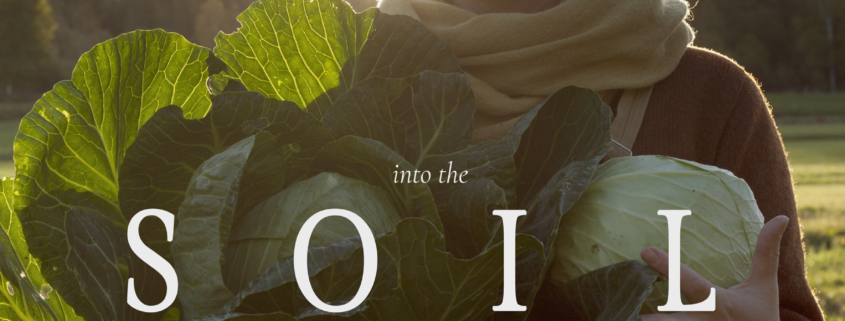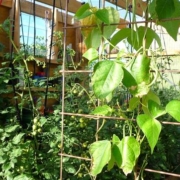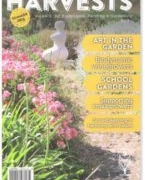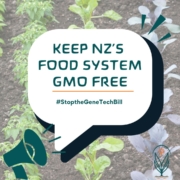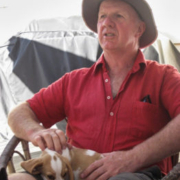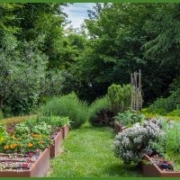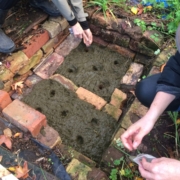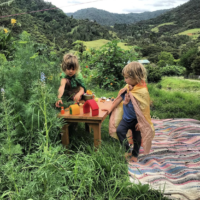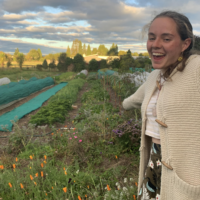Into the Soil: An interview with Mattias Olssen about biodynamics and film making.
I had the wonderful opportunity to talk to Swedish film maker and podcaster Mattias Olssen about his documentary film ‘Into the Soil’ for the Spring issue of Harvests. He is the creator of the multimedia project called Campfire Stories, where he interviews people in his community pursuing sustainable and sometimes alternative lifestyles. In this film he documents the philosophical approach of the biodynamic farmer Brigid LeFevre, who grew up in a Camphill community and now runs a small biodynamic farm where she grows supplies to make some of the best Kimchi in Europe.
To read the full interview and have access to Harvests Magazine, become a member of Biodynamics New Zealand here
What is the premise of Into the Soil and why did you make a film about Brigid and her work with biodynamics?
I didn’t know Brigid, but I knew of her. People around here said she made the best Kimchi. I knew that she played the guitar that she was a musician. She had this mysterious aura to me. I was just drawn to her and wanted to ask her ‘what’s going on?’. As I began the film I didn’t really know what it was going to be about. I just knew I wanted to sit down and have a conversation with her. So I asked her if I could interview her and she said yes.
Sometimes at the beginning of my podcasts or films I have a first question which is sort of a warm up one. In the film I left this one in, “can you give a little backround about where you are from?”. It was like a nothing question, I assumed I’d edit it out. But then she started telling me about her upbringings in a Camp Hill community in Northern Ireland. I was just intrigued. She told me about this self-sufficient community were they had their own weavery, their own store, grew their own food and she mentioned they didn’t use any money. I was like, this sounds so amazing, so utopian. Why did you ever leave?
From there on the conversation went on to what she brought from that upbringing, of being raised where everything is alive and food is something that has nothing to do with the economic markets of the world and how has that been translated to what she does now.
I don’t know anything about bio-dynamics, so when she stirred the preparations I asked her what she is doing. So the film is a podcast like conversation, I follow her around with a camera basically asking her what she is doing.

